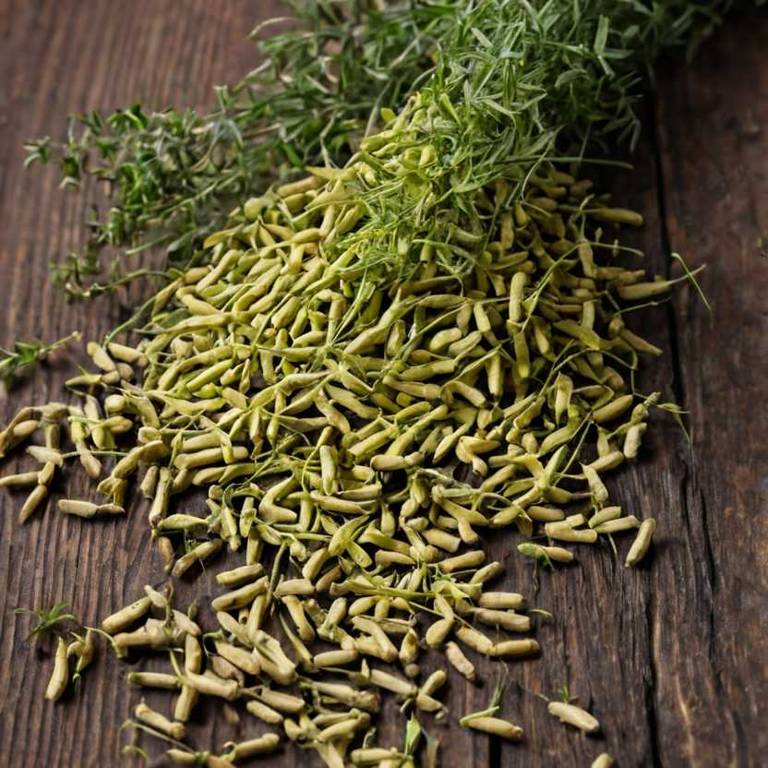Cytisus Scoparius: What To Know Before Using It For Medicinal Purposes

Cytisus scoparius, commonly known as the Scotch broom, has been used in traditional medicine for its potential therapeutic properties.
The plant contains alkaloids, flavonoids, and other bioactive compounds that may contribute to its medicinal uses. Historically, it has been employed to treat ailments such as inflammation, respiratory conditions, and skin disorders. However, it is important to note that Cytisus scoparius contains toxic compounds, particularly in its seeds and leaves, which can be harmful if ingested in large quantities.
Due to these risks, its use in modern medicine remains limited and requires careful handling and professional supervision.
Health Benefits
Cytisus scoparius has several health benefits, such as its potential to support cardiovascular health due to its high antioxidant content.
The plant contains flavonoids and other bioactive compounds that may help reduce inflammation and improve blood circulation. It has also been traditionally used to aid in the management of diabetes by regulating blood sugar levels. Additionally, its essential oils may have antimicrobial properties that could support immune function.
However, further research is needed to fully understand its therapeutic potential and ensure safe usage.
10 Best Health Beneift of Cytisus scoparius
Bioactive Constituents
Cytisus scoparius has several bioactive constituents, such as flavonoids, alkaloids, and saponins, which have been studied for their potential medicinal benefits.
Flavonoids, including rutin and quercetin, exhibit antioxidant and anti-inflammatory properties, contributing to the plant's therapeutic value. Alkaloids like cytisine are known to interact with nicotinic acetylcholine receptors, making them of interest in the treatment of nicotine addiction. Saponins present in the plant may enhance immune function and possess antimicrobial activities.
These bioactive compounds collectively suggest that Cytisus scoparius could be a valuable resource in the development of natural medicines for various health conditions.
Medicinal Preparations
Cytisus scoparius has several medicinal preparations, such as teas, tinctures, and topical salves, which have been traditionally used for their purported health benefits.
The dried flowers and leaves are often steeped in hot water to make a herbal tea believed to aid in digestion and reduce inflammation. Tinctures made from the plant's parts are sometimes used to support liver function and as a mild sedative. In some traditional practices, the plant is applied externally as a poultice to treat skin conditions and wounds.
However, it is important to note that Cytisus scoparius contains toxic compounds, and its use should be approached with caution and under professional guidance.
Side Effects
Cytisus scoparius can have some side effects, such as gastrointestinal upset, including nausea, vomiting, and diarrhea, due to its toxic alkaloids.
Ingestion of large quantities may lead to more severe symptoms like dizziness, confusion, and even seizures. Long-term exposure or consumption of the plant may pose risks to the liver and kidneys, potentially leading to organ damage. The plant is also known to cause skin irritation and allergic reactions in some individuals upon contact.
Due to these potential health risks, it is advisable to avoid consuming or handling Cytisus scoparius without proper guidance from a healthcare professional.